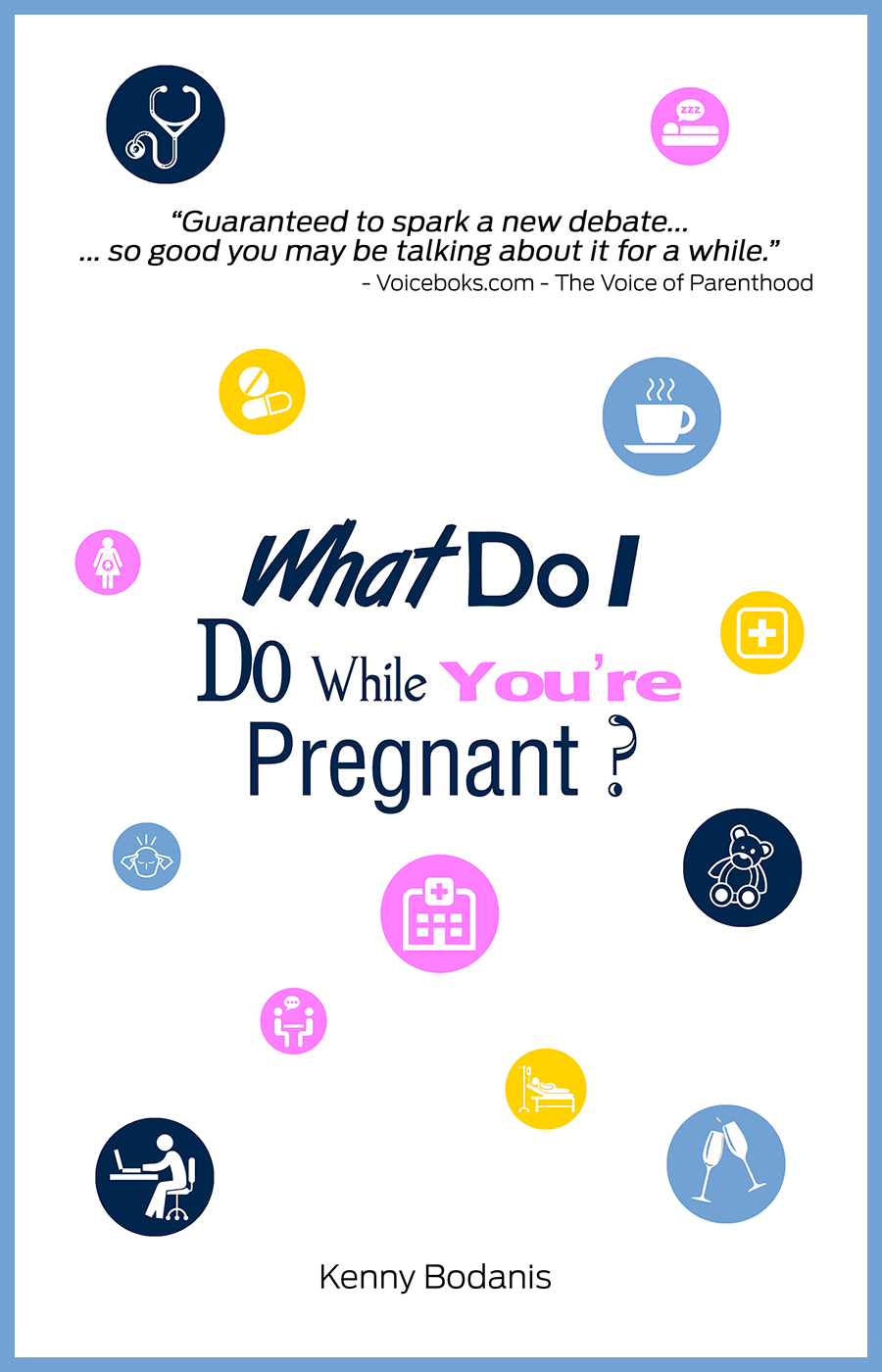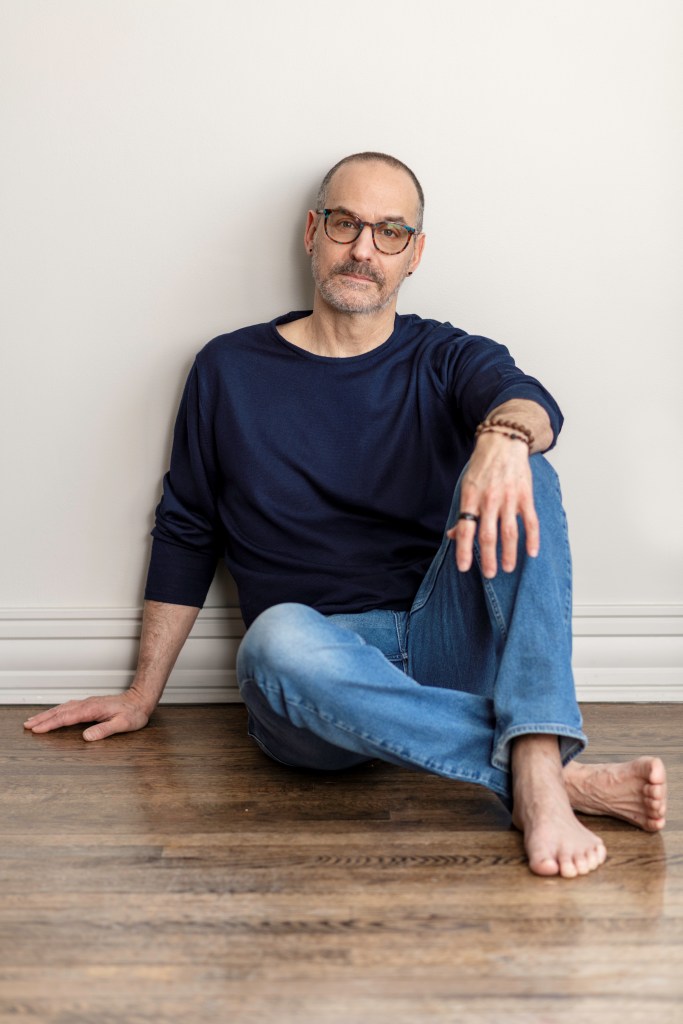About This Blog
During the summer of 2011, I launched my parenting blog: MenGetPregnantToo.com.
Exploring parenting, through interviews, writing, and research, only made me more curious about human nature in general. I wanted a forum to explore topics and writing formats (both fiction and non-fiction) not limited to being a father and a husband. Thus the creation of KennyBodanis.com, where all of my writing now lives. (BTW, my migration from my old platform to WordPress happened recently. This explains 14 years of posts all having a recent publication date).
Thanks so much for stopping by, and I hope you enjoy reading away.

Recent Posts
-
Jesus knows family suppers aren’t always easy. “We’ve lost the time to sit down and eat,” says Gillian Crowther, PhD, a retired social anthropologist and author of “Eating Culture.” She says we’ve also lost the “nicer cultural side of exploring what cuisine means to people.”
-
This is the third installment in the series on mental health. “You know, they’re called comfort foods for a reason” says Popi Kasvis is a faculty lecturer at McGill University’s School of Human Nutrition in Montreal.
-
This is the second in a three-part series on mental health. Last month’s article discussed mindfulness and meditation; this installment focuses on exercise and its important relationship with mental health. Advice from Nicholas Fabiano, MD and Clara Hughes, a six-time Olympic medalist who opens up about battles with severe depression.
-
Dr. Pascal-André Vendittoli, a professor at the University of Montreal and naturopathic doctor Amanda Capasso talk about bone loss, and managing the natural wear and tear as our bodies get older.
-
“It’s society. They think of perfection in one way, and [we] think that if [we’re] not doing that then, ‘I must be totally wrong.
-
Julia Skiadaresis is a registered social worker in Toronto. She discusses patterns that develop in early childhood or adolescence which may influence our poor eating habits later in life.
-
Loren Taves, owner of Taves Family Farms explains the health and environmental importance of local farms. Ann Higgs, general manager at Atlantic Grown Organic, the wholesale branch of the Schurman Family Farm on Prince Edward Island, talks about how COVID-19 made people even more aware of their food sources.
-
Koppert Canada’s Melissa Hargreaves talks to me about how they use specific predators, like Persimilis mites, to reduce their need for pesticides.
-
For Alive Magazine, I talk to psychotherapist and occupational therapist Ann Kerr, and registered dietitian Leslie Beck about the pleasures and pitfalls of emotional eating.
-
In this web exclusive for Alive Magazine, I talk to my sister about how her personal relationships resulting in a life-long battle with weight, and a poor self image.
-
During Covid-19, changes to one’s body may be a normal part of a changing routine. However, emotional distress, despondency, or obsession are – and should be treated as – red flags of a more serious problem.
-
“One of the biggest predictors of whether women get postpartum depression and anxiety is if they had something not only during pregnancy, but before pregnancy as well. For women who struggle with prenatal depression and anxiety, as many as fifty to eighty percent continue to have symptoms postpartum.”
-
Changing careers, or working toward physical or psychological self-improvement can, at a minimum, be daunting. But not all changes have to be all-encompassing or immediate.
